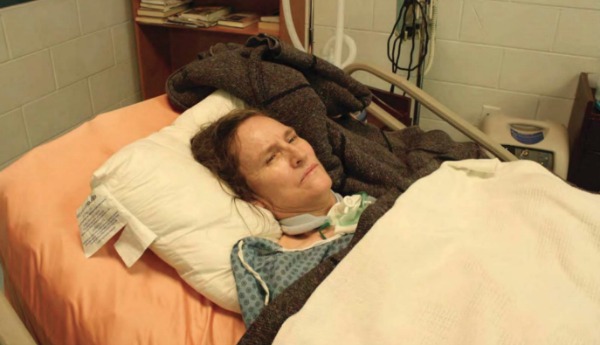Tag: Florida criminal justice reporting project
-

Florida Commission decides medical release for very sick inmates, but doesn’t meet them
By Deirdra Funcheon
FloridaBulldog.org
Some inmates deemed “terminally ill” or “permanently incapacitated” and not a danger to themselves or others are referred by the Department of Corrections to have their cases heard by the Florida Commission on Offender Review (FCOR), a three-person panel, and be considered for conditional medical release (CMR). -
Florida’s Longest-Serving Inmates: They Get Older, Sicker and More Well-behaved
By Dan Christensen
FloridaBulldog.org -

In Florida, where reforms are slow to arrive, cash bail remains the law of the land
By Claire Goforth The widespread practice of requiring bond on the vast majority of cases has led to what many describe as “wealth-based detention” based on means, rather than danger to the community or likelihood of fleeing.
Support Florida Bulldog
If you believe in the value of watchdog journalism please make your tax-deductible contribution today.
We are a 501(c)(3) organization. All donations are tax deductible.

Join Our Email List
Florida Bulldog delivers fact-based watchdog reporting as a public service that’s essential to a free and democratic society. We are nonprofit, independent, nonpartisan, experienced. No fake news here.
